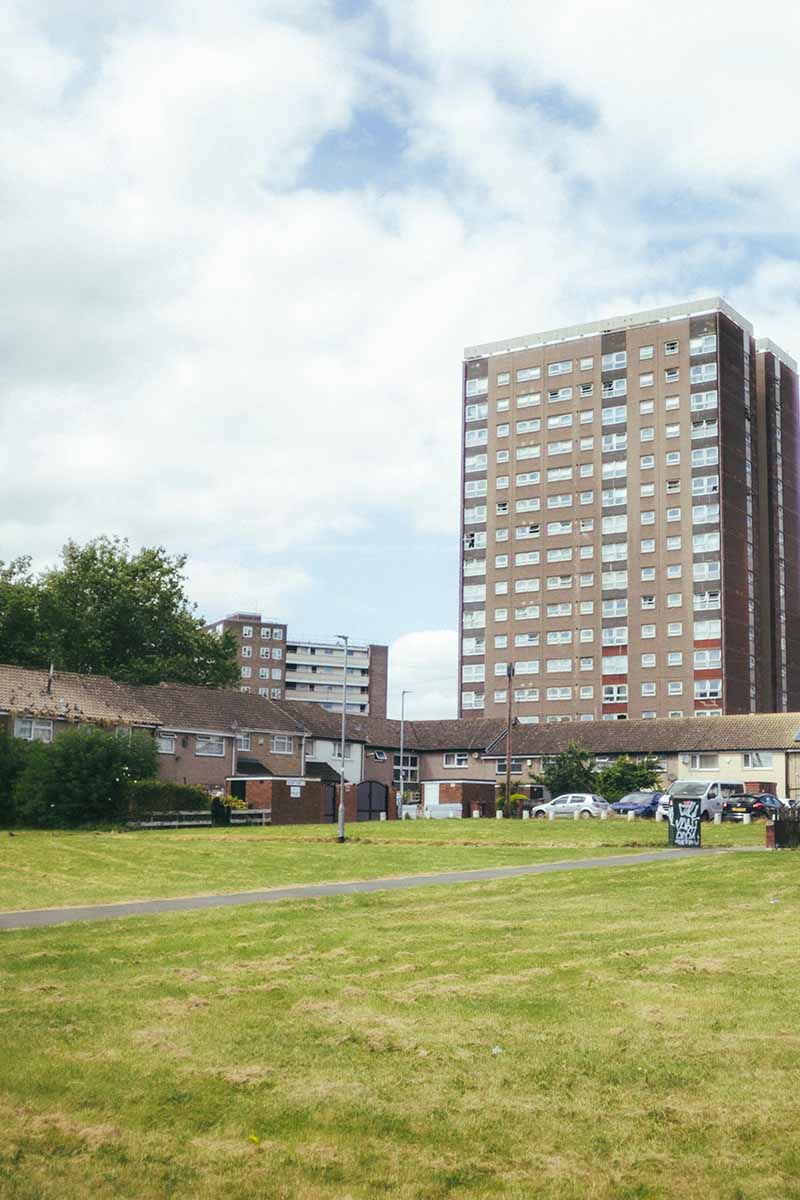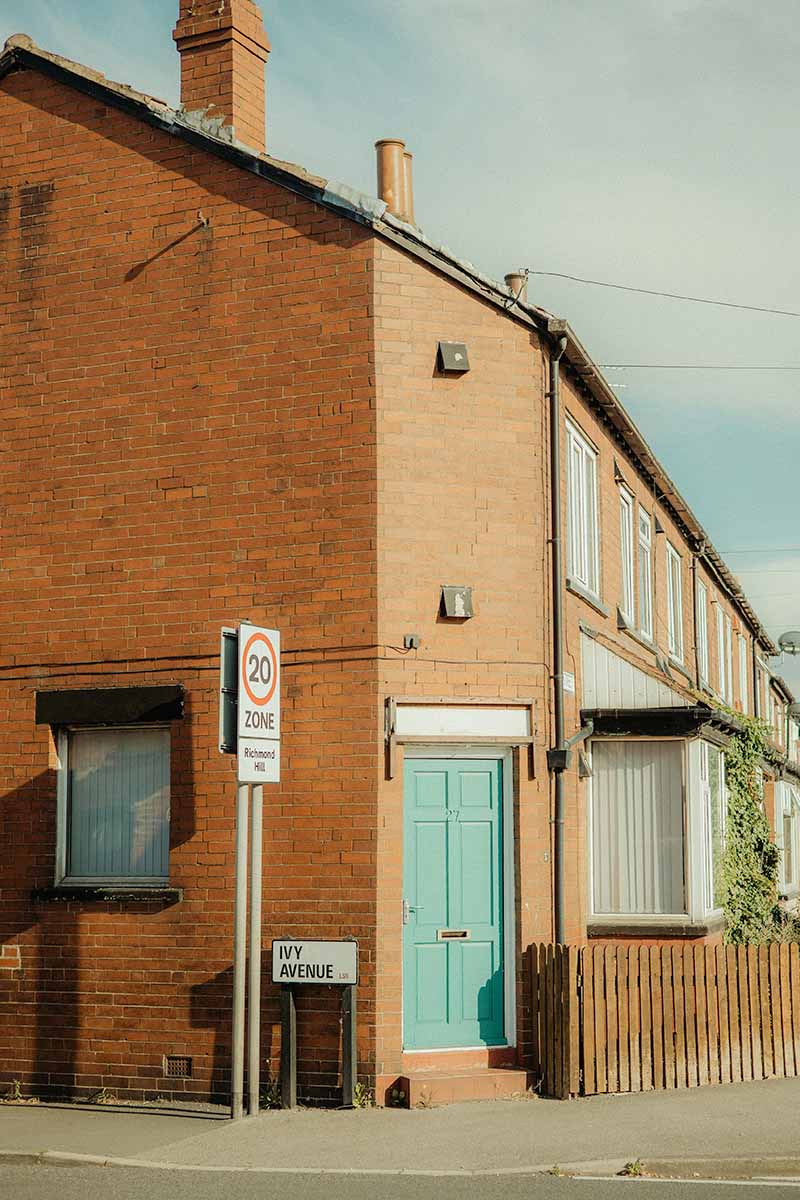How shared loss agreements help when a property chain collapses
When a property chain breaks, it can cause major stress, unexpected costs, and even lost deposits. To soften the financial hit, some parties agree to a shared loss agreement, a way of dividing the costs fairly when one person’s withdrawal risks leaving everyone else out of pocket. This guide explains what shared loss agreements are, how they work, what happens at different stages of a chain, and whether they can help if you’re caught in a collapse.
- A shared loss agreement spreads the costs of a broken chain across multiple parties.
- They’re usually negotiated when a chain breaks close to exchange or completion.
- Before contracts are exchanged, each party normally bears their own costs (survey, legal, mortgage fees).
- After exchange, the default rule is that the party who pulls out loses their deposit — but this isn’t always enough to cover others’ losses.
- Shared loss agreements can “top up” or redistribute compensation, avoiding disputes or litigation.
- They must be drafted with solicitors to be enforceable.

Why chains collapse and why losses can be so high
A property chain is only as strong as its weakest link. If one buyer or seller pulls out, the collapse can ripple through everyone involved.
Common reasons include:
- Mortgage offers being withdrawn.
- Survey results uncovering major problems.
- A buyer changing their mind.
- Job or life changes that affect affordability.
The later in the process the collapse happens, the higher the costs. For example, pulling out after exchange could mean:
- Losing a 10% deposit.
- Removal and storage fees already spent.
- Mortgage arrangement fees that can’t be refunded.
- Legal fees for work that won’t complete.
It’s this financial fallout that shared loss agreements are designed to manage.
What is a shared loss agreement?
A shared loss agreement is a negotiated deal between parties in a chain that sets out how losses will be split if the chain fails.
Rather than leaving one unlucky buyer or seller to carry the entire burden — or facing a long legal battle over who is liable — costs can be shared proportionally or capped at agreed amounts.
Typical losses covered
- Legal and conveyancing fees.
- Survey and valuation fees.
- Mortgage arrangement or broker fees.
- Removal or storage costs.
- Deposit shortfalls if the defaulting party’s forfeited deposit doesn’t cover everyone’s losses.
How timing changes everything
Example scenarios
1. Collapse before exchange: Sarah’s buyer pulls out before contracts are exchanged. She loses £1,500 on surveys and legal checks. Because there’s no contract, she can’t reclaim the costs. No shared loss agreement applies — each party bears their own losses.
2. Collapse after exchange: James exchanges on his new home, but the buyer at the bottom of the chain pulls out. The bottom buyer’s 10% deposit is forfeited, passed up the chain to offset losses. However, it doesn’t cover all the costs. The parties negotiate a shared loss agreement so the shortfall is spread fairly.
3. Collapse just before completion: An unexpected job loss means a buyer can’t complete a week before moving day. With removal vans booked and bridging loans in place, multiple parties face heavy costs. Rather than pursuing lengthy court action, solicitors draft a shared loss agreement that redistributes some of the deposit and shares additional costs across the chain.
Legal considerations
- Deposits: In UK property law, deposits (usually 10% at exchange) are the first line of compensation. But they may not cover the total chain-wide losses.
- Breach of contract: If a party pulls out after exchange, they’re in breach, and the other party can sue for damages. A shared loss agreement avoids multiple lawsuits.
- Solicitor involvement: These agreements should be formalised by solicitors, otherwise they’re difficult to enforce.
- Fairness: They work best when all parties agree that spreading losses is preferable to a legal fight that could delay or kill future sales.
Alternatives if you’re caught in a broken chain
Shared loss agreements aren’t the only solution. Depending on your circumstances, you may also consider:
- Chain-free buyers: Marketing to cash buyers who aren’t dependent on another sale.
- Auction sale: Faster than the open market, though usually at a lower price.
- Direct cash buyer: If certainty matters more than maximising value, selling directly to a sell your house for cash company like Habello removes the risk of collapse altogether.
Save time and hassle by selling your home with us
Get a guaranteed cash offer on any property in England and Wales. All you need to do to get started is enter your address below.
Example scenarios
1. Collapse before exchange: Sarah’s buyer pulls out before contracts are exchanged. She loses £1,500 on surveys and legal checks. Because there’s no contract, she can’t reclaim the costs. No shared loss agreement applies — each party bears their own losses.
2. Collapse after exchange: James exchanges on his new home, but the buyer at the bottom of the chain pulls out. The bottom buyer’s 10% deposit is forfeited, passed up the chain to offset losses. However, it doesn’t cover all the costs. The parties negotiate a shared loss agreement so the shortfall is spread fairly.
3. Collapse just before completion: An unexpected job loss means a buyer can’t complete a week before moving day. With removal vans booked and bridging loans in place, multiple parties face heavy costs. Rather than pursuing lengthy court action, solicitors draft a shared loss agreement that redistributes some of the deposit and shares additional costs across the chain.
Legal considerations
- Deposits: In UK property law, deposits (usually 10% at exchange) are the first line of compensation. But they may not cover the total chain-wide losses.
- Breach of contract: If a party pulls out after exchange, they’re in breach, and the other party can sue for damages. A shared loss agreement avoids multiple lawsuits.
- Solicitor involvement: These agreements should be formalised by solicitors, otherwise they’re difficult to enforce.
- Fairness: They work best when all parties agree that spreading losses is preferable to a legal fight that could delay or kill future sales.
Alternatives if you’re caught in a broken chain
Shared loss agreements aren’t the only solution. Depending on your circumstances, you may also consider:
- Chain-free buyers: Marketing to cash buyers who aren’t dependent on another sale.
- Auction sale: Faster than the open market, though usually at a lower price.
- Direct cash buyer: If certainty matters more than maximising value, selling directly to a sell your house for cash company like Habello removes the risk of collapse altogether.
FAQs about shared loss agreements and broken property chains
Do all property chains use shared loss agreements?
No. They are relatively rare and usually arise when a collapse is imminent or has just happened. Most chains proceed without them unless there’s a clear need to redistribute costs.
Who usually pays the most in a shared loss agreement?
The party responsible for the collapse often pays the most, but losses may be spread across others in the chain depending on negotiations. Solicitors usually draft these agreements to balance fairness with enforceability.
What happens to deposits if the chain breaks?
If a buyer pulls out after exchange, their deposit is forfeited and passed to the seller above them. That deposit may then cascade up the chain but doesn’t always cover everyone’s costs, which is where a shared loss agreement may come in.
Can I refuse to take part in a shared loss agreement?
Yes. These agreements require consent. If you prefer, you can pursue compensation directly through legal action. But many parties prefer shared loss agreements to avoid expensive litigation.
Are shared loss agreements legally binding?
Yes, if drafted and signed by solicitors. Informal verbal promises aren’t enforceable, so legal documentation is essential.
Do they work before exchange?
Not usually. Before exchange, no one is legally bound, so costs like surveys or mortgage fees are considered part of the risk of buying. Shared loss agreements are most relevant after exchange.
Recap: how shared loss agreements help in a broken property chain
- They’re a safety net to spread losses when a chain collapses.
- Their usefulness depends on the timing of the collapse.
- Deposits provide some protection but may not be enough.
- Solicitors should draft them to make them enforceable.
- Alternatives such as auctions or cash buyers may be better if certainty is your priority.
Thinking of cutting out the risk entirely?
At Habello, we buy directly with our own funds, which means:
- No chains and no risk of collapse.
- Fair market valuation.
- Fast sale on a timeline that suits you.
- No legal fees when using our partner solicitors.
If you’re stuck in a broken chain or simply want certainty, request your no-obligation cash offer today.
Property owners are choosing Habello for a faster, easier and less stressful way to sell
Sell your home quickly for cash by accepting an offer just below market value. See how we compare to your other options by using the calculator below.
Related guides
Bring yourself up to speed with our property guides.





































































































